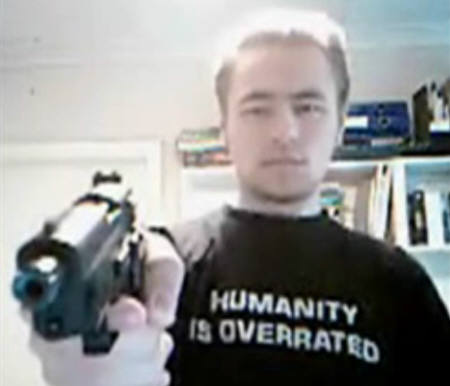Shoo-bop, shoo-bop, my baby
Shoo-bop, shoo-bop
Shoo-bop, shoo-bop
Hello stranger
It seems so good to see you back again
How long has it been?
It seems so good to see you back again
How long has it been?
Seems like a mighty long time
Shoo-bop, shoo-bop, my baby
It seems like a mighty long time
Shoo-bop, shoo-bop, my baby
It seems like a mighty long time
Ahhh my my my my I'm so glad
You stopped by to say hello to me
Remember, ah that's the way it used to be
You stopped by to say hello to me
Remember, ah that's the way it used to be
It seems like a mighty long time
Shoo-bop, shoo-bop, my baby
It seems like a mighty long time
Shoo-bop, shoo-bop, my baby
It seems like a mighty long time
Shoo-bop, shoo-bop, my baby
Shoo-bop, shoo-bop
Shoo-bop, shoo-bop
Ohh, yes I'm so glad
You're here again
You're here again
If you're not gonna stay
Please don't tease me like you did before
Because I still love you so although
Please don't tease me like you did before
Because I still love you so although
It seems like a mightly long time
Shoo-bop, shoo-bop, my baby
It seems like a mighty long time
Shoo-bop, shoo-bop, my baby
It seems like a mighty long time
Ohh, ohh my, my, my, my, I'm so happy
That you're here
That you're here
Songwriters
LEWIS, BARBARA ANN
LEWIS, BARBARA ANN









